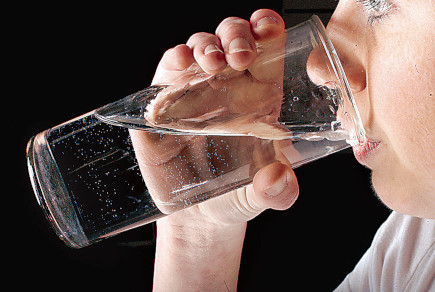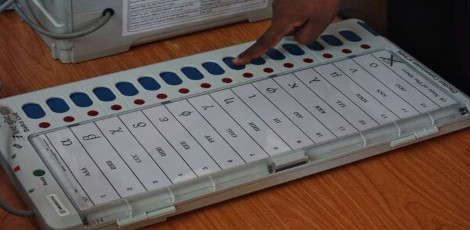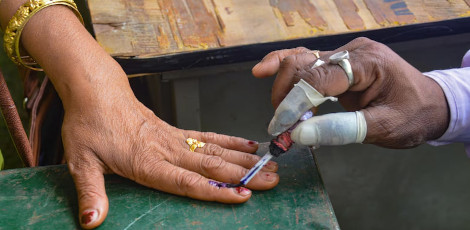No. of views : (6236)
Overhydration - What are the risks and why you must avoid it?
Posted on: 14/Jul/2021 10:24:24 AM

Authored by - Dr. Vidyashankar P, Lead Consultant - Nephrology, Aster CMI Hospital
Water is essential for all human beings to lead a healthy life. Consuming water has several health benefits such as it provides nutrients to our body, ensures proper digestion, helps in weight loss and prevents dehydration. However, drinking too much water can prove harmful for your health and may lead to overhydration or water intoxication. Confusion, nausea, vomiting, headache, and disorientation are some of the symptoms of Overhydration and if severe, it can also lead to coma and death in certain cases.
Understanding Overhydration
Overhydration is caused by drinking excess water which leads to water intoxication that usually happens when the amount of salt content in your body along with other electrolytes are diluted. Due to the water intoxication, there is a drop in your sodium levels which if left unchecked can lead to hyponatremia or other serious problems. Hyponatremia is characterized by electrolyte imbalance or low sodium concentration in blood. One may start feeling nauseous, disoriented and in some cases may experience a headaches due to a drop in the sodium levels. Overhydration also restricts the ability of the kidneys to remove excess water that can accumulate in your blood stream and can cause more complications in the body.
What are the signs of Overhydration?
In patients who are undergoing dialysis, overhydration can cause edema where one’s feet, ankles and wrists swell up and this will also prevent such patients from maintaining an optimal blood pressure. In dialysis patients, overhydration is a critical issue as it can also lead to heart failure due to swelling of the blood cells. People may also experience diarrhea and prolonged sweating due to overhydration and the condition may also lead to seizures sometimes.
What is the right water diet for you?
There is a misconception that consuming 8 glasses of water per day is right for your health and body, however, normal water intake cannot be generalized for everyone and depends on several factors like health conditions, size, weather and physical activities.
- In a healthy person water intake is decided by the thirst mechanism. There is no such rule that minimum water intake should be a certain quantity .In a healthy person, thirst mechanism will guide the quality and it need not be measured. In contains of extreme cold and heat, the body mechanisms will dictate the water intake. For example an athlete can lose up to 8-10 L of water in sweat so to replenish he has to consume 8-10L of water with electrolytes.
- Always consume water according to thirst and avoid beverages with high solute load like soft drinks which incurs the osmotic load and doesn’t quench the thirst.
- Excess drinking of electrolyte free water and habitual water drinking can lead to urinary concentration defects and low w sodium in the blood.
- People with a history of kidney stones are advised to maintain the urine output of approximately 2.5Liters per day hence they can consume up to 3 L of water.
- Patients of dialysis with urine output less than 200ml per day have to restrict free water consumption up to 500ml per day to prevent fluid overload.
Additionally, it is advisable to treat related conditions like adrenal gland insufficiency which would contribute to hyponatremia at utmost priority.







